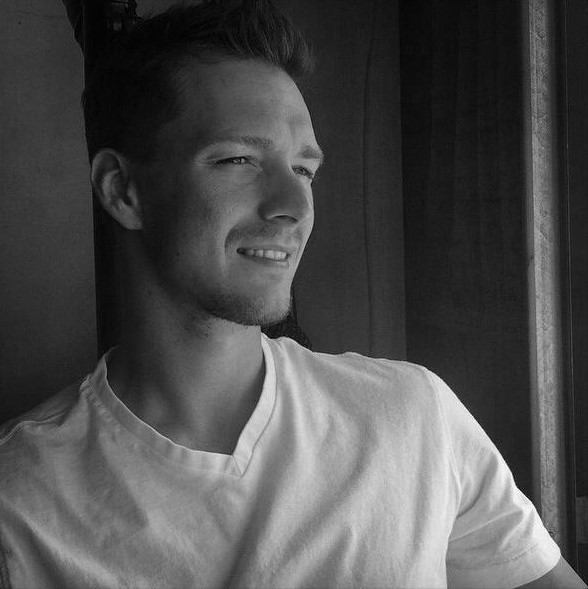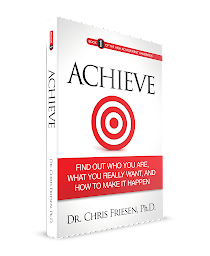About Dr. Chris Friesen, Ph.D., C.Psych., BCN, BCB, & BCB-HRV
CLICK TO HEAR AN AI GENERATED DISCUSSION OF DR. FRIESEN’S BIO:
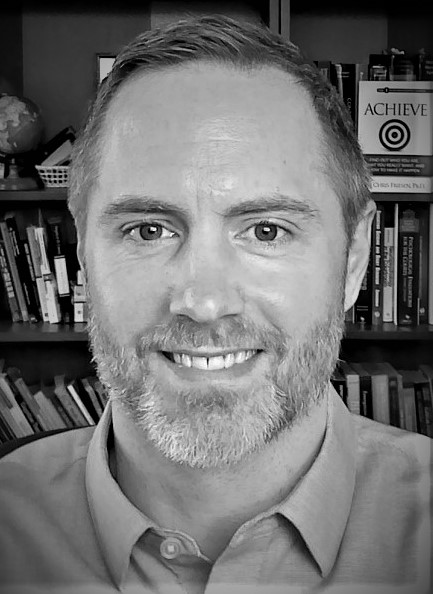 Dr. Chris Friesen, Ph.D., C.Psych, CMPC, BCN, BCB, BCB-HRB
Dr. Chris Friesen, Ph.D., C.Psych, CMPC, BCN, BCB, BCB-HRB
I’ve always been fascinated by biographies of successful people and those who have overcome adversity. I can still remember how enthralled I was as a teenager when I read the autobiographies of Arthur Ashe and Christopher Reeve. Their stories and the inspirational books of Anthony Robbins (Awaken the Giant Within and Unlimited Power) and Stephen Covey (The 7 Habits of Highly Successful People and First Things First) captured my attention about our potential as humans and our ability to improve ourselves.
This was personalized for me when I began to play competitive hockey. As a goaltender, I quickly realized the importance of mental training in addition to physical training. I was able to see steady improvements in all aspects of my performance when I consistently incorporated strategies I gleaned from my interest in self-help literature, fitness techniques, and nutrition. It was with these experiences that I began to form my interest in psychology. Upon realizing that a professional sports career was not in my future, I turned my attention to earning my first degree in Health Studies before pursuing a second degree in Psychology.
After 5 years of full-time study to obtain both of my undergraduate degrees, I still hadn’t satisfied my appetite for learning about the mind and brain. So I applied and was accepted to study clinical psychology in graduate school. I decided to study clinical psychology over psychiatry in my post-graduate work because of psychology’s stronger focus on understanding the full spectrum of human nature as opposed to psychiatry’s primary emphasis on psychopathology.
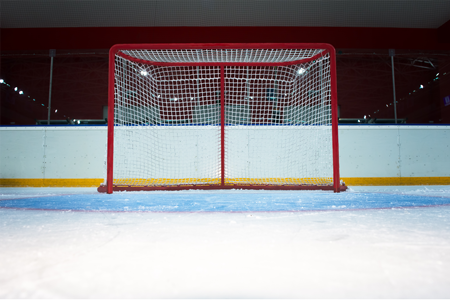 Now as a licensed psychologist in Ontario, Canada, my official areas of practice include working with children, adolescents, adults, and seniors in the areas of clinical psychology, clinical neuropsychology, and forensic/correctional psychology. My training and experience cross a broad spectrum of psychological difficulties including working with individuals with anxiety, depression, personality disorders, dementias (e.g., Alzheimer’s disease), brain injuries (from sports concussion to severe traumatic brain injuries), and those involved in the criminal justice system (i.e., offenders of all types). I have worked clinically in a university psychology clinic, psychiatric hospital, rehabilitation hospital for those with brain injuries, geriatric hospital, prison, and in private practices. I believed that to truly understand success and potential, I needed to thoroughly understand and work with people of all types including those who were at their lowest points and those who were not living up to their potential.
Now as a licensed psychologist in Ontario, Canada, my official areas of practice include working with children, adolescents, adults, and seniors in the areas of clinical psychology, clinical neuropsychology, and forensic/correctional psychology. My training and experience cross a broad spectrum of psychological difficulties including working with individuals with anxiety, depression, personality disorders, dementias (e.g., Alzheimer’s disease), brain injuries (from sports concussion to severe traumatic brain injuries), and those involved in the criminal justice system (i.e., offenders of all types). I have worked clinically in a university psychology clinic, psychiatric hospital, rehabilitation hospital for those with brain injuries, geriatric hospital, prison, and in private practices. I believed that to truly understand success and potential, I needed to thoroughly understand and work with people of all types including those who were at their lowest points and those who were not living up to their potential.
I now primarily focus on helping athletes and other individuals who are performing at the highest levels to continuously improve and achieve their goals. I have incorporated what I’ve learned about people through my education and clinical/consulting experiences in my focus on helping high achievers such as elite athletes and executives reach their potential.
I also continue to help athletes who have suffered concussions through my neuropsychology practice (NiagaraNeuropsychology.com). To learn more about traumatic brain injury and concussion, click HERE.
I am a member of the following organizations:
-Canadian Sport Psychology Association (professional member-Certified Mental Performance Consultant: CMPC)
-International Society for Neurofeedback Research
-Board Certified by the Biofeedback Certification International Alliance (BCIA) in Biofeedback, HRV-Biofeedback, & Neurofeedback
-Sports Neuropsychology Society
-Association for Contextual Behavioral Science
-American Academy of Clinical Neuropsychology
-National Academy of Neuropsychology

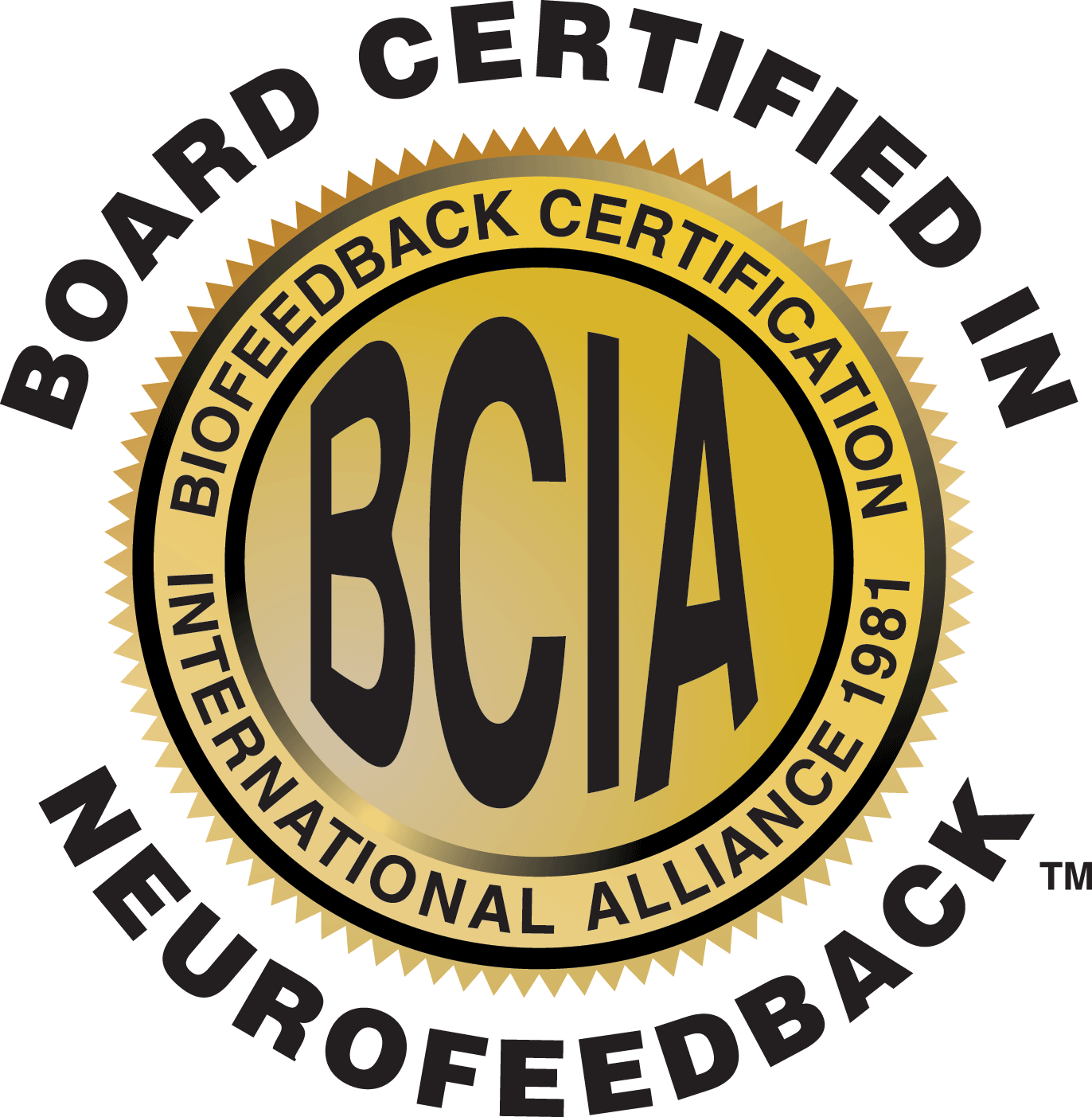
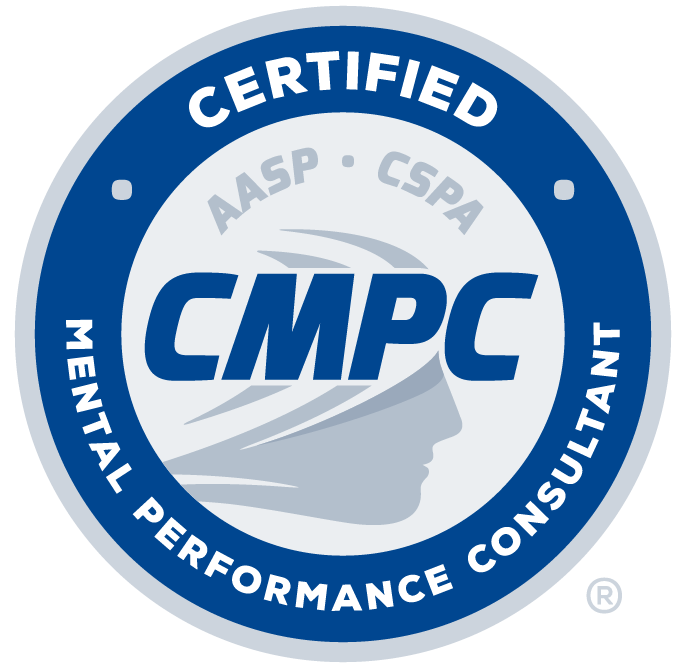
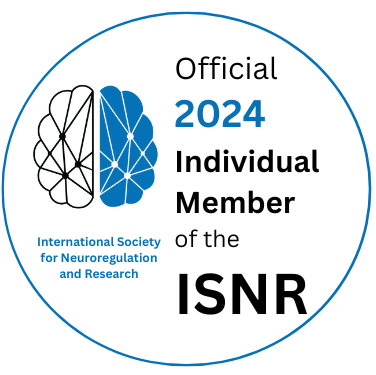
About Daniel E. P. Smith, MSW, RSW, Psychotherapist, Mental Skills Consultant
CLICK TO HEAR AN AI GENERATED DISCUSSION OF DANIEL’s BIO:
Dan is also a former competitive ice hockey goaltender who had to hang up his skates after a third knee surgery. His experience with competition and injury recovery are the main factors in what led him to further pursue an education in the helping profession drawing upon his connections to athletics.
Dan completed his undergraduate studies at McMaster University in psychology, neuroscience, and behaviour with a minor in sociology in 2014. Two years later he finished his Masters of social work at the University of Windsor with a focus on health and mental health. He graduated from both institutions summa cum laude.
Dan now works at Friesen Sport and Performance Psychology and is a registered social worker and psychotherapist. He has experience in a vast array of topics with his clinical and athletic clients. These include but are not limited to: stress, anxiety, depression, self-esteem, confidence, emotional regulation, relaxation imagery, motivation, goal setting, concentration, and self-talk. He also takes pride in working with individuals as a whole, not just their identity as an athlete, bringing a positive, understanding and growth mindset to his practice. He believes that developing meaningful connections, planning, hard-work, and physical/mental training both on and off the competitive field of play are essential to facilitating health, happiness and fulfillment in individuals.
Despite having a terminal degree, Dan still has an insatiable willingness and enthusiasm to learn more. He continues to soak up knowledge—like he once did pucks—by furthering his education through graduate courses in sports psychology and mental performance. His continued education and access to the latest research helps augment his practice and gives his clients an edge over the competition.
Dan is a member of the following organizations:
-Ontario College of Social Workers and Social Service Workers (OCSWSSW)
-Ontario Association of Social Workers (OASW)
Dr. Scott Anderson, Psy.D., C. Psych., BCN
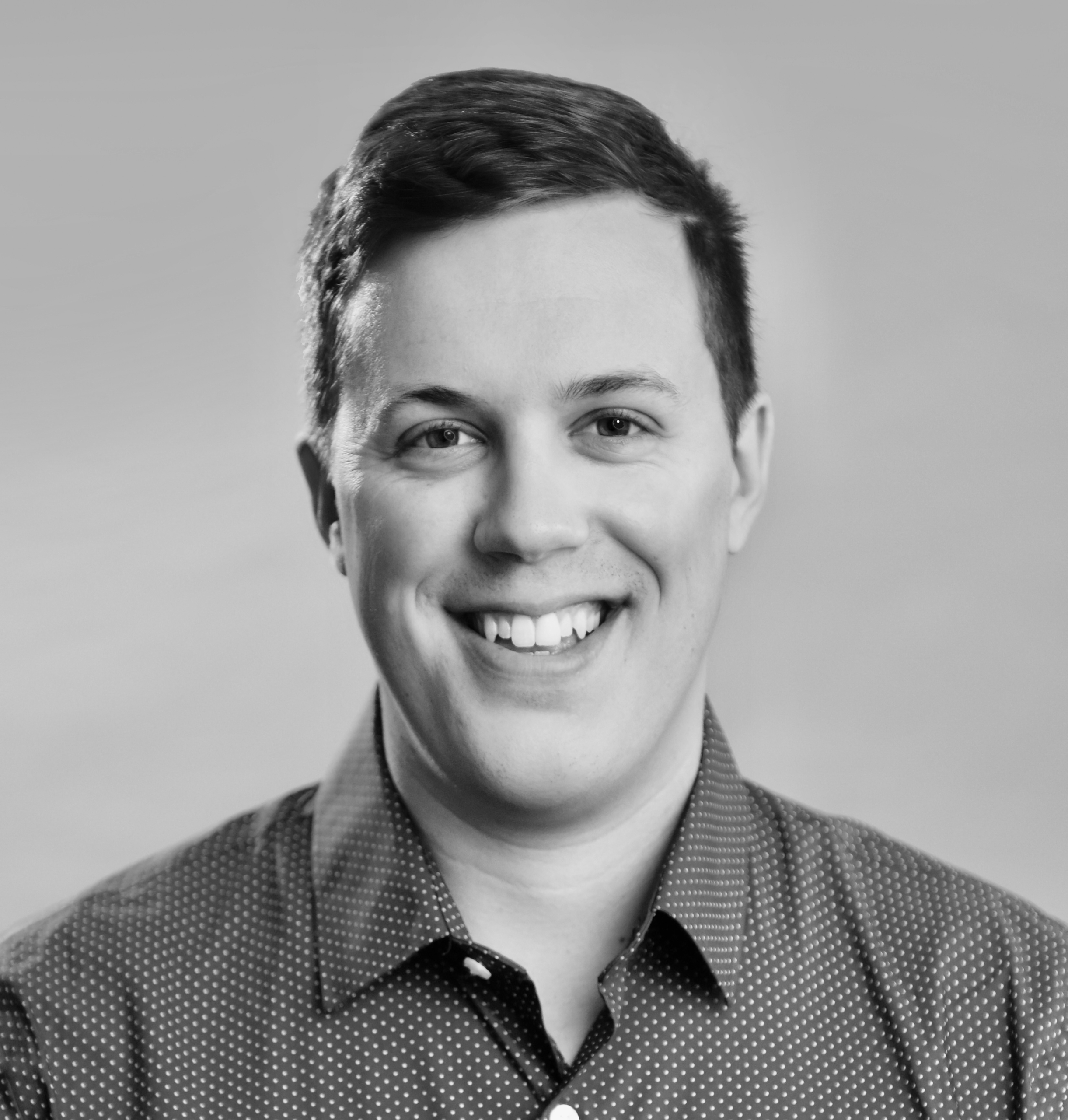
I first found my passion for sport psychology as a high school athlete in Calgary, Alberta. Due to
an injury and needing reconstructive knee surgery for my ACL, I was forced to sit out for a
season where I had a front-row seat to the connection between the mind and body. Working
through physiotherapy showed me the powerful role my mind played in my recovery and
performance. My experience with physiotherapy sparked my curiosity for sport psychology and
would influence my educational path for the next 13 years.
After completing a combined degree in Psychology and Kinesiology from the University of
Lethbridge (Alberta), I knew I had to obtain specialized knowledge related to sport psychology.
As a result, I pursued a Master of Arts in Sport and Performance Psychology at Denver
University (Colorado). While in Colorado, I worked with many athletes and high performers
from various backgrounds, including baseball, basketball, cheerleading, track, tennis, and
firefighting academy students. In the summer of 2016, I secured an internship at IMG Academy
(a private sports academy in Florida) within their mental performance department. At IMG, I
focused on skillfully blending empirically supported techniques with the art of group
presentation to deliver mental performance skills to groups of athletes (e.g., football, basketball,
track, and golf). Finally, my education took me to Massachusetts, where I studied Counselling
Psychology and expanded my ability to understand how mental health and other factors can
impact an individual’s performance on a day-to-day basis, whether it be athletics, work, or
parenting.
My past training and experiences span a broad range of psychological difficulties, including
working with individuals who experience trauma, anxiety, addiction, depression, or insomnia.
Additionally, I have worked clinically in a community mental health clinic, psychiatric hospital,
trauma hospital, and a group private practice.
This wide range of training and clinical experience has aided and enhanced my ability to work
with individuals from all walks of life, allowing me to best support my clients in reaching their
performance goals.
Using a combination of performance and clinical techniques, I now focus on helping athletes and
other individuals at all performance levels adapt and build flexibility to recognize their potential
and achieve success. If you could get 1% better, would it be 100% worth it?
I am a member of the following organizations:
– College of Psychologists of Ontario (CPO)
– College of Alberta Psychologist (CPA)
– Canadian Psychological Association (CAP)
– Board Certified by the Biofeedback Certification International Alliance (BCIA) in
Neurofeedback (BCN)
– Certified in Cognitive Behavioural Therapy for Insomnia (CBT-I)
About Mr. Nigel Barnim, BA, MSc. Student McMaster University
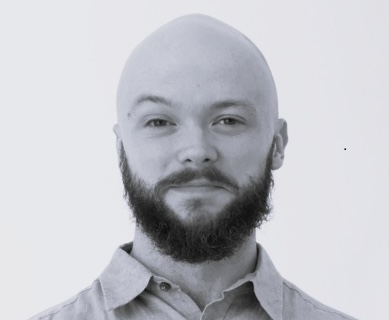 My name is Nigel Barnim, I’m a Master Science in Psychotherapy student at McMaster University. I’ll be beginning a year-long practicum at Niagara Neuropsychology in May 2025 under supervision of Dr. Chris Friesen, psychologist.
My name is Nigel Barnim, I’m a Master Science in Psychotherapy student at McMaster University. I’ll be beginning a year-long practicum at Niagara Neuropsychology in May 2025 under supervision of Dr. Chris Friesen, psychologist.
